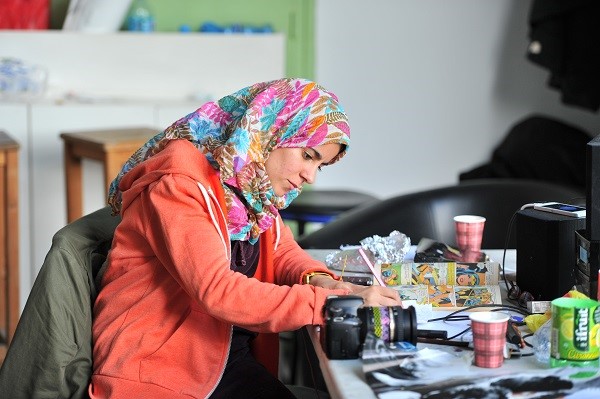Maghreb

Algeria, Morocco and Tunisia have been committed in the last two decades to gender equality and the fight against discrimination and violence against women. Each country has translated its international commitments to gender equality into constitutional, legislative and political reforms. However, despite these efforts, socio-economic and political indicators reflect limited progress in the achievement of women’s rights. In the 2017 Gender Gap Report, Tunisia ranked 117, Algeria 127 and Morocco 136 out of 144 countries.
Main issues
Despite political and legislative commitment to gender equality, challenges persist in each of the three countries. For example, women’s political participation in the Maghreb is mostly below the 30% threshold recommended by the United Nations Economic and Social Council (ECOSOC), and only few of the elected women in the region have access to decision-making processes and bodies. In terms of economic empowerment, the national Constitution of each country provides for equal access to the labour market, yet women’s labour force participation rates in the three countries are among the lowest in the world[1]. In the area of gender-responsive governance, Morocco and Tunisia have undertaken several legal reforms in support of gender-responsive budgeting (GRB).
The Maghreb countries have demonstrated leadership in the area of combating violence against women. Algeria (2015), Tunisia (2017) and Morocco (2018) have adopted laws on combatting violence against women and girls, while both Tunisia (2015) and Morocco (2018) have enacted national laws against human trafficking. These legislative achievements must be reinforced by further efforts to address implementation and support public awareness, to address the continuing high prevalence rates.
UN Women Multi-country Office for the Maghreb works within the framework of its normative, coordination, and programmatic mandates with governmental and non-governmental partners in the three countries towards achieving gender equality and women’s empowerment. As part of its normative mandate, UN Women works with national and local governments as well as civil society organizations towards developing and implementing laws and public policies to eliminate violence against women and girls. In this respect, UN Women supports women Members of Parliament to harmonize national legal frameworks with international law and national Constitutions. Within the framework of its coordination mandate, UN Women leads, promotes and coordinates efforts within the UN system to advance the full realization of women’s rights and opportunities by developing accountability mechanisms and produce gender-sensitive data in support of evidence-based policies and programs. As part of its programmatic mandate, UN Women seeks to economically empower women, with a focus on sustainable livelihoods and resilience, and to ensure the provision of quality essential services to women and girls’ survivors of violence. UN Women also builds the capacity of advocates of gender equality and coordinates awareness campaigns on ending violence against women and girls in the Maghreb. In Tunisia, UN Women builds the capacity of the Truth and Dignity Commission to mainstream gender in their organizational structure, programs, and policies.
Website: maghreb.unwomen.org
-----------------------------------------------------------------------------------
[1] Algeria ranks 4th among the countries with lowest female labor force participation rate, Tunisia ranks 15th, and Morocco ranks 18th. See: World Bank (2017) . “Labor Force Participation Rate, Female (% of Female Population Ages 15+) (Modeled ILO Estimate)”. Retrieved from: https://data.worldbank.org/indicator/SL.TLF.CACT.FE.ZS?year_high_desc=false